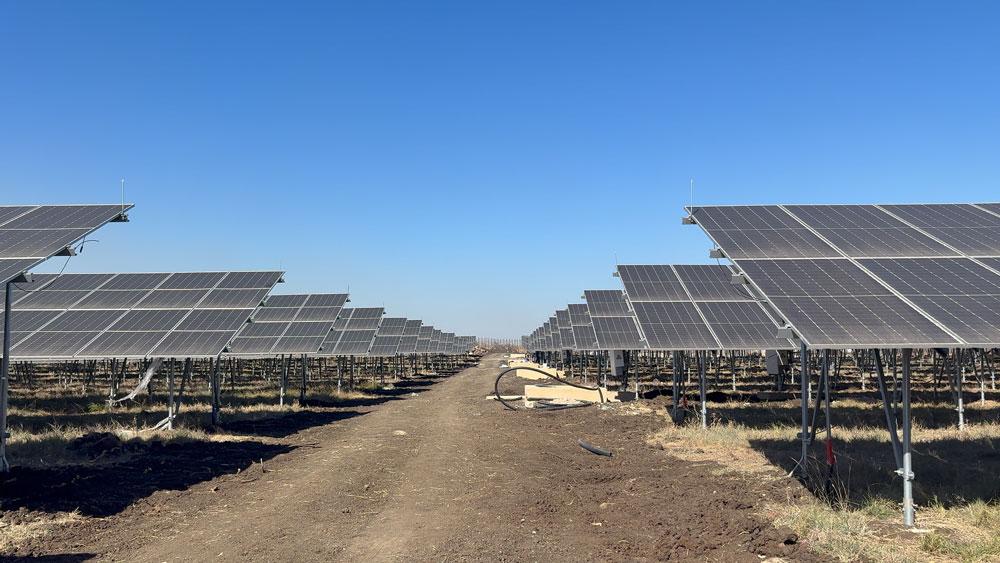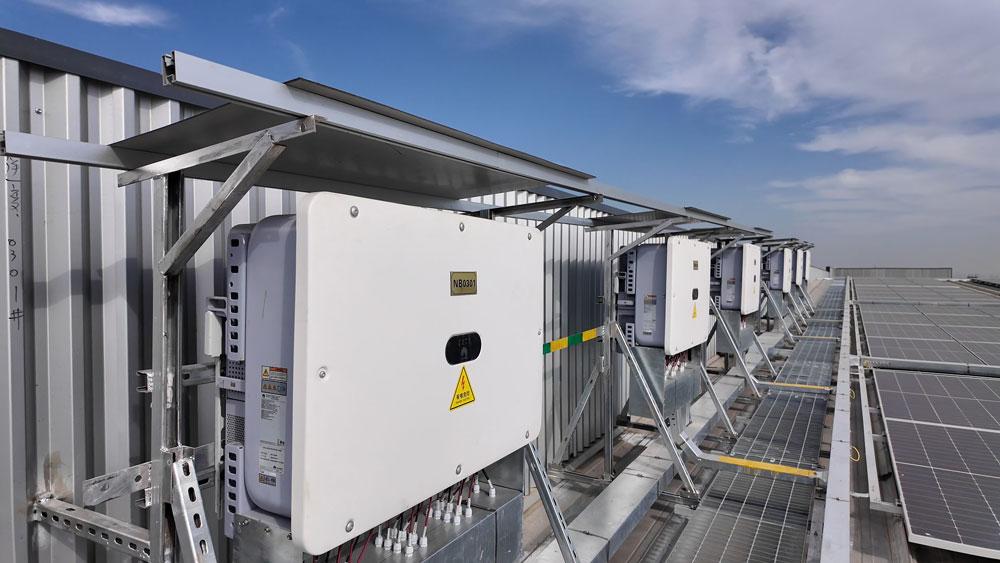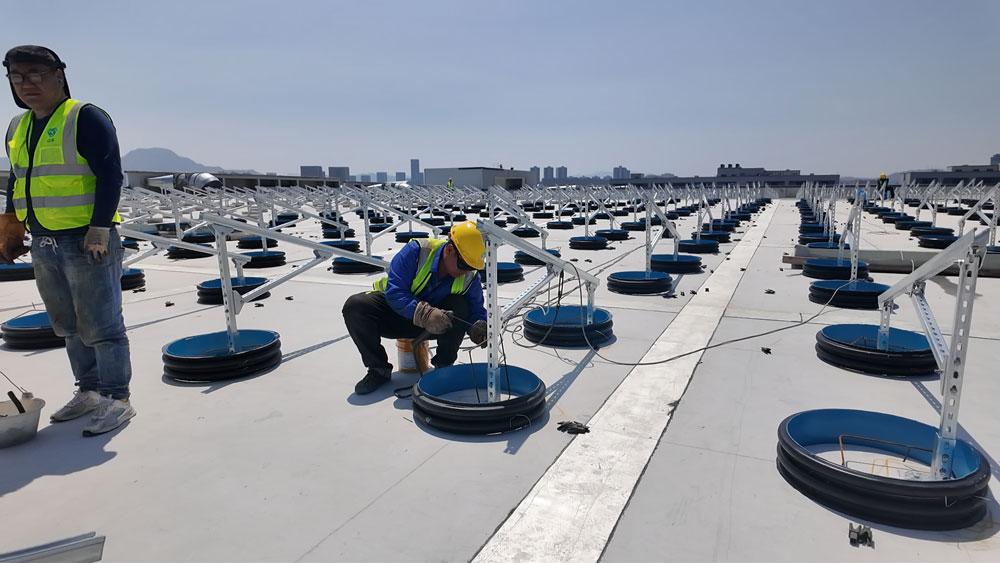What is a Solar Project Developer?
In the rapidly expanding solar energy industry, numerous players contribute to bringing clean electricity online. Among them, the solar project developer plays the most critical and central role. But what exactly does a solar project developer do?
In simple terms, a solar project developer is the mastermind and orchestrator behind a PV power plant. They are not mere installers or equipment manufacturers. Instead, they are the driving force that takes a solar farm from a mere idea and a blueprint to a fully operational, revenue-generating asset.

The Role of a Solar Project Developer
A solar project developer is essentially a resource integrator and risk-taker within the solar value chain. They are responsible for weaving together all the necessary threads to create a functional power plant. Their core roles include:
1. The Originator: They identify opportunities, conceive the project vision, and initiate the development process.
2. The Integrator: They bring together all critical resources: land, capital, government permits, technology, equipment, and grid access.
3. The Risk Manager: They identify, assess, and mitigate various risks throughout the project's life, including policy changes, technical failures, financial hurdles, and construction delays.
4. The Asset Creator: Their final product is not a stack of solar panels, but a fully operational, income-producing power asset.

Key Responsibilities: The Solar Project Development Lifecycle
The development of a solar project is a long, complex process, typically broken down into five key phases.
Phase 1: Project Development & Initiation (The Core Phase)
This phase determines the project's feasibility and future profitability.
Site Selection & Resource Assessment: Identifying suitable land (barren, industrial rooftops) with excellent solar irradiance and assessing topography, geology, and access.
Technical & Economic Feasibility Study: Conducting preliminary analysis on plant capacity, technology, grid connection, and creating financial models to estimate costs, energy yield, and return on investment (ROI).
Securing Permits & Agreements (Pathfinding): Engaging with local government authorities to obtain preliminary approvals and securing critical contracts like land lease/rooftop use agreements and a grid interconnection feasibility letter.
Phase 2: Permitting & Financing
This phase is about making the project official and funding it.
Detailed Permitting: Obtaining all necessary permits, including project approval/filing, environmental impact assessment, and land-use permits.
Financial Close: Designing a financing structure and negotiating with banks or investors to secure equity and debt funding.
Phase 3: Engineering, Procurement & Construction (EPC)
This is the blueprint and preparation stage.

Detailed Design: Finalizing all engineering and construction drawings.
Procurement: Sourcing and purchasing all major components like solar panels, inverters, and mounting structures.
Contractor Selection: Hiring an Engineering, Procurement, and Construction (EPC) contractor to build the plant.
Phase 4: Construction & Grid Connection
This is where the plan becomes reality.

Construction Management: Overseeing the EPC contractor to ensure quality, timeline, and safety.
Commissioning & Interconnection: Completing testing and grid integration, and signing the final Power Purchase Agreement (PPA) and grid connection agreement. This marks the project's transition to a live asset.
Phase 5: Operations & Asset Management (25+ Years)
This is the long-term harvest and value-preservation phase.
Operations & Maintenance (O&M): Managing the plant's performance through monitoring, cleaning, and repairs, either with an in-house team or a third-party O&M provider.
Power Marketing & Settlement: Selling electricity to the grid or corporate off-takers and managing revenue collection.
Asset Management & Transaction: Potentially selling the operational asset to a long-term holder like a fund or insurer to realize returns and recycle capital.
Conclusion: The Master Orchestrator
In summary, a solar project developer is a high-stakes, high-reward role that demands a diverse skill set. It requires deep expertise in technology, finance, and policy, coupled with strong negotiation and risk management skills.
They guide a solar project through its entire lifecycle—from conception to decommissioning. A successful solar project developer does not just deliver a construction project; they create and manage a high-quality financial asset that generates stable, long-term cash flow, making them a fundamental driver of the global solar energy revolution.